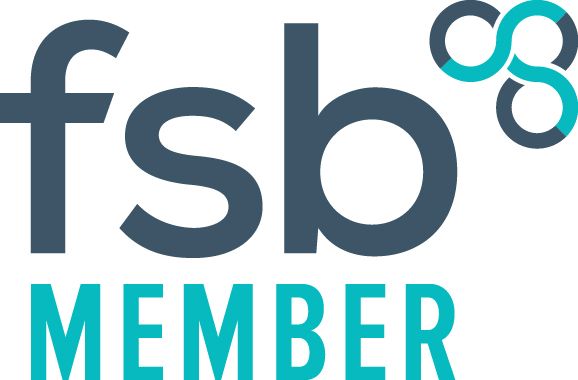Top 5 ways to improve leadership
Leadership skills and styles will send ripples throughout the entire business, influencing everything from retention and culture to the bottom line. Getting the right skills and learning to adapt those skills, dependant on the person or situation in front of you, is critical to business growth and success.
These are my top five:
- 1 - Develop emotional intelligence:
Emotional intelligence is the ability to understand and manage your own emotions, as well as being able to empathise, and communicate effectively, with others. Understanding your emotions and your triggers are the foundation of better leadership. Building your self-awareness and the impact you have on those around you will lead to better relationships, communication, and decision making
- 2 - Strike a balance between tactical and strategic thinking:
Tactical thinking is when you make decisions around the actions you are going to take to achieve your goals in the short term - the day-to-day stuff. Strategic thinking creates your vision and direction by which you set your goals in the long term and supports the decisions you have to make every day. Spending all your time in the tactical space will mean stuff gets done but nobody will know why (including you!). Spending all your time in the strategic thinking space may mean you have a great vision but no idea how to get there. If you don't know, your team won't know either.
- 3 - Learn how to coach:
Coaching is a skill every leader should have. It's the best way to empower your team to make their own decisions, leaving you more time to focus on your own role. It sounds simple right, but there are other skills you need to have to be a good coach - being an active listener, asking good, thoughtful questions, giving (and accepting) feedback and letting go of the need to know all the answers. If you coach, rather than tell, you'll be promoting future focus and collaboration within your team and beyond.
- 4 - Learn how to give and receive feedback:
Creating the psychological safety for everyone to give and receive feedback enables both growth and improvement. It helps build trust and rapport, is motivational and gives everyone the opportunity to perform better, supporting their development and helping to avoid conflicts. And when you are open to receiving it, you can identify your strengths and where you might need to adapt to meet the needs and expectations of your team.
- 5 - Learn to lead through change:
Even though we deal with change every day pretty much, it can be scary and stressful when we aren't in control of it. Your responsibility, as a leader, is to communicate the vision (the why), the goals (the how), and the actions (the what), of the change. If you've nailed the first four on the list you'll know exactly how to support, challenge and coach your team through it. Add role modelling the changes you want to see in others, into the mix and it might just be smoother than you were expecting.
Having the right leadership skills and knowing when to use and adapt them is critical to making your business even more successful.
What advice would you give to other leaders? I would love to hear your thoughts and experiences. In the meantime, find out how I can help.









